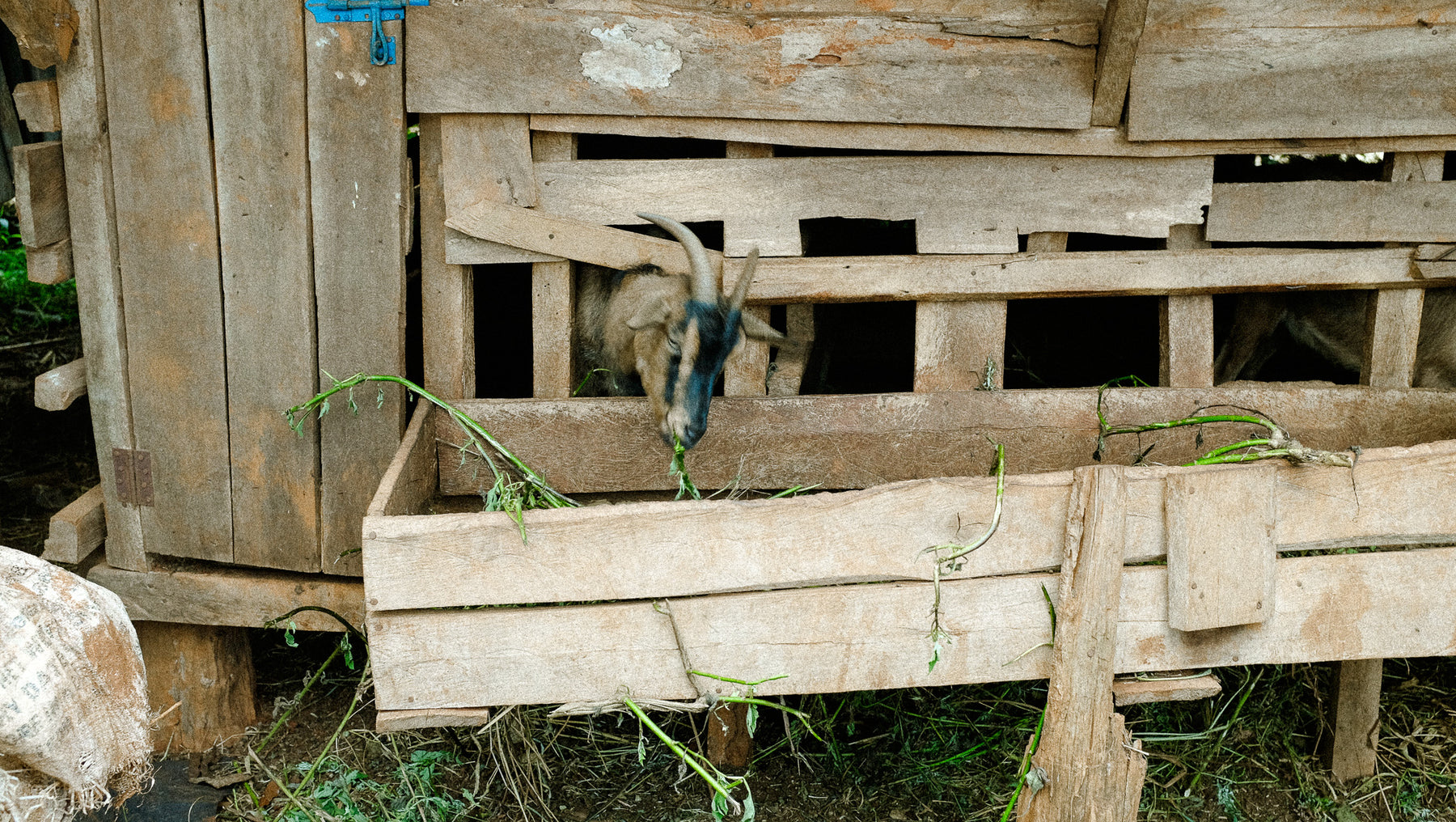April 11th - 13th

Kenyan Coffee: A New Chapter for a Beloved Origin
For many coffee enthusiasts and professionals, Kenya holds a near-mythical status. Renowned for producing vibrant, complex coffees that often embody the best of what the specialty coffee world can offer, the country's beans frequently feature on café menus at premium prices. If you’ve found yourself wondering why Kenyan coffees are often the most expensive option on the board, the answer lies in a mix of quality, tradition, and a fascinating—if evolving—system of trade.
In 2023, the process of buying and selling coffee from Kenya underwent significant changes, ushering in a new chapter for producers, exporters, roasters, and coffee lovers. Understanding this evolution not only sheds light on the prices of Kenyan coffee in Europe but also gives us insight into the value and complexity of this beloved origin.
A Unique Auction Legacy
Kenya’s coffee industry has long been defined by its auction system, a structure that has shaped the market for decades. Unlike many other producing countries, where coffee is often sold directly from farmers to exporters or cooperatives, Kenya's system revolved around the Nairobi Coffee Exchange (NCE).
At the NCE, lots of coffee are cupped and graded, then auctioned to the highest bidder. This structure incentivized quality: better coffee fetched higher prices, encouraging farmers to focus on production methods that would enhance flavor and consistency. It also offered a degree of transparency—at least on paper—where all participants had access to the same pricing information.
For roasters in Europe and elsewhere, this auction model meant access to detailed profiles of Kenyan coffee lots, complete with cup scores and tasting notes. The result? A dependable source of extraordinary coffees and a solid justification for their premium cost.
However, this system wasn't without its flaws. Farmers often felt disconnected from the market, unaware of the final price their coffee commanded. Delays in payment and limited access to buyers outside of the auction meant that, while the system rewarded quality, it didn’t always ensure equitable outcomes for those at the bottom of the value chain.
The New Model: Why the Change?
In 2023, the Kenyan government implemented reforms aimed at modernizing the coffee sector and addressing long-standing inefficiencies. These changes included the introduction of direct sales as a formalized alternative to the auction system.
The reasoning was twofold:
-
Empowering Farmers: By allowing producers to sell directly to exporters or roasters, the reforms aimed to give farmers more control over their product and its pricing. Direct sales eliminate the need for intermediaries, enabling producers to negotiate terms and build lasting relationships with buyers.
-
Attracting Specialty Buyers: As specialty coffee continues to grow globally, buyers increasingly value direct trade relationships that provide traceability and transparency. The new system aligns Kenyan coffee with this trend, making it more attractive to high-end roasters willing to pay premiums for unique, well-documented lots.
What’s Changing on the Ground?
For farmers, cooperatives, and exporters, the shift has been significant. Under the new rules:
-
Cooperatives and Estates: These groups can now opt to bypass the auction system entirely, selling their coffee through direct contracts. This has opened doors for smallholder farmers to connect with roasters who value their work and are willing to pay for exceptional quality.
-
Quality Control Remains Central: While the auction still plays a vital role in pricing and competition, direct sales emphasize quality just as much, if not more. Producers looking to build long-term relationships with roasters need to consistently deliver outstanding coffee.
-
Technology as a Bridge: New platforms have emerged to facilitate direct trade. Digital tools allow producers to showcase their lots, provide detailed information, and even coordinate logistics. This reduces the historical opacity in the system and makes it easier for buyers to make informed decisions.
Why Are Kenyan Coffees Still Pricey?
Even with these reforms, Kenyan coffee remains a high-cost origin. Here’s why:
-
High Production Costs: Growing coffee in Kenya is labor-intensive, and the input costs—fertilizers, labor, and meticulous post-harvest processes like hand-picking and double fermentation—are among the highest in the world.
-
Exceptional Quality: Kenyan coffee is prized for its bright acidity, complex fruit notes, and unmatched clarity in the cup. These attributes require precise cultivation and processing techniques, which come at a premium.
-
Limited Supply: Kenya produces a relatively small amount of coffee compared to larger origins like Brazil or Colombia. This scarcity, combined with high demand, keeps prices elevated.
-
Market Dynamics: The direct trade model doesn’t necessarily lower costs; instead, it reallocates value. While farmers may earn more for their coffee, the infrastructure for traceability, logistics, and quality control can add to the overall expense.
What This Means for Your Menu
For cafés and roasters in Europe, the changes in Kenya’s coffee trade mean more opportunities to access unique lots with compelling stories. However, these coffees will continue to command premium prices, not only because of their inherent quality but also because of the value chain investments that ensure their production.
When customers see a higher price for a Kenyan pour-over or espresso, it’s an opportunity to share the story behind the cup. Here are some key points to communicate:
-
Direct Relationships: Explain how the coffee came to you—from the farmer or cooperative to your roastery. Highlight the impact of direct trade in empowering producers and fostering sustainability.
-
Distinctive Flavors: Educate customers about the sensory experience of Kenyan coffee. Whether it’s notes of blackcurrant, tomato, or bergamot, these coffees are an adventure for the palate.
-
Support for Farmers: Share how higher prices directly benefit smallholders, ensuring that their hard work is rewarded and their communities thrive.
Looking Ahead
The shift in Kenya’s coffee trade is still unfolding, and it will take time to see its full impact. Some experts believe the reforms will lead to greater innovation and quality, as producers experiment with processing techniques and varietals to attract specialty buyers. Others caution that without careful oversight, the system could widen the gap between well-resourced estates and smallholder farmers.
What’s clear is that Kenyan coffee remains a treasure in the world of specialty coffee—a product of its unique terroir, meticulous craftsmanship, and the evolving structures that bring it to our cups.
So next time you savor a Kenyan coffee at your favorite café, consider the journey it’s taken—from the red soil of Nyeri or Kirinyaga to the barista's skilled hands. Behind every sip is a story of change, resilience, and a relentless pursuit of excellence.
At Father Carpenter, we’ve always celebrated the origins that make specialty coffee so exciting, and Kenyan coffee holds a special place on our menu. As we navigate these changes together with our partners, we’re committed to sharing the stories and faces behind every bean. For us, that’s the heart of what makes coffee more than a drink—it’s a connection.






